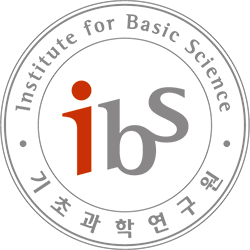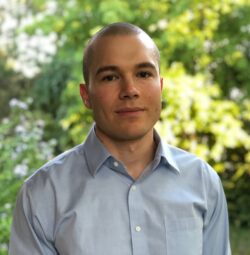
Stochastic theory of complex biochemical reaction networks – Chen Jia
Biochemical reaction networks and gene regulatory networks in cells are prototypical examples of complex systems, characterized by highly nonlinear and stochastic, multilevel dynamical interactions. Gaining a deep understanding of the stochastic dynamics and thermodynamic principles governing biochemical reaction networks not only helps elucidate the intrinsic mechanisms underlying cell fate decisions and the onset and progression …





